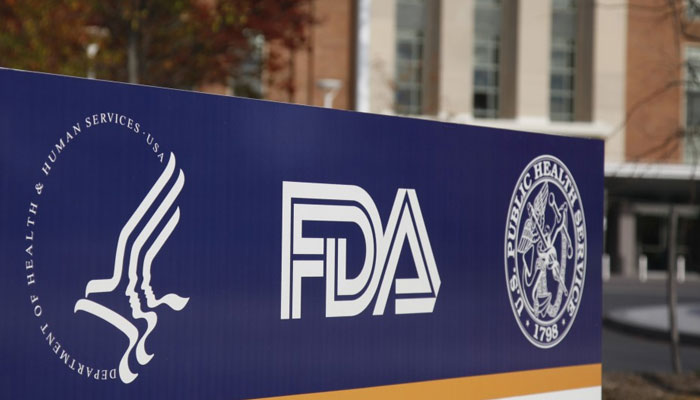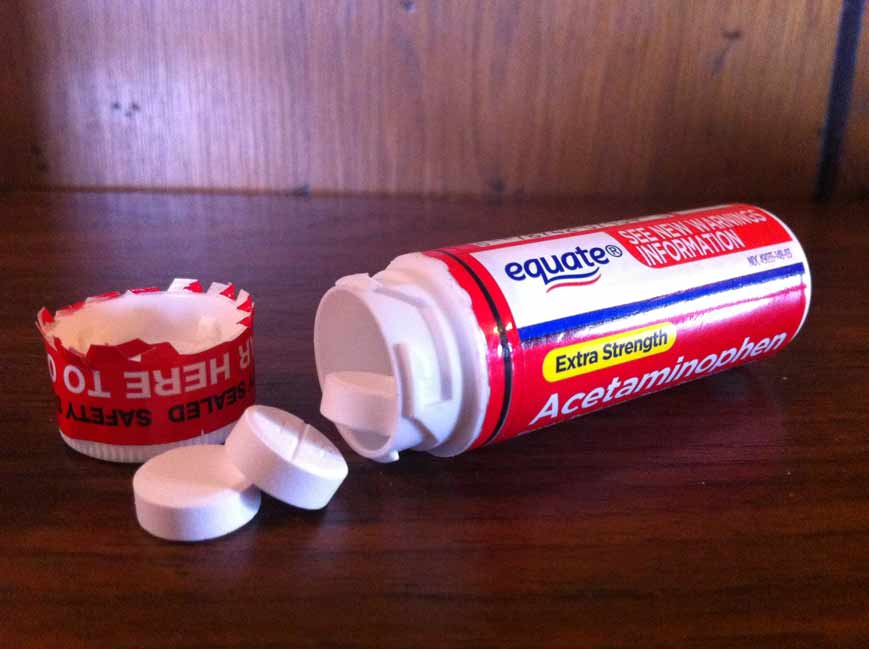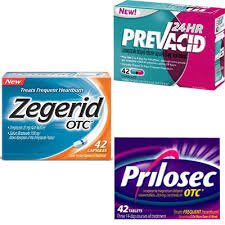
by Dr. Michael Murray | Jan 24, 2017 | Prescription Drugs
Introduction: The U.S. Food and Drug Administration (FDA) is strengthening an existing label warning that non-aspirin nonsteroidal anti-inflammatory drugs (NSAIDs) increase the risk of having heart attack or stroke. This new warning is based on a comprehensive review...

by Dr. Michael Murray | Oct 13, 2016 | Most Recent, Prescription Drugs
Introduction One simple rule that would save a lot of suffering in the world is to “never take a drug that has more severe side effects than your symptoms.” A new study highlights this adage as it shows an extremely popular group of stomach acid-blocking drugs, the...

by Dr. Michael Murray | Aug 17, 2016 | Most Recent, Prescription Drugs
Introduction Another damning study indicates it is simply time to pull the plug on this outdated drug. The study just published in JAMA Pediatrics once again indicated that women who take acetaminophen during pregnancy are more likely to have a child with attention...

by Dr. Michael Murray | Oct 20, 2015 | Natural Facts, Prescription Drugs
Introduction: The media has once again failed to report the whole story or put things into the proper perspective when they reported on a study from the Centers for Disease Control and Prevention (CDC) and the U.S. Food and Drug Administration (FDA). The headlines and...

by Dr. Michael Murray | Jun 16, 2015 | Prescription Drugs
Introduction Proton-pump inhibitors (PPIs) are a group of drugs whose main action is blocking the secretion of gastric acid. They are dominant medical treatment of peptic ulcers, gastroesophageal reflux disease (GERD), and indigestion. Popular examples include Nexium,...

by Dr. Michael Murray | Mar 10, 2015 | Prescription Drugs
Introduction: A new study again highlights the fact that using statin drugs to lower cholesterol levels are not at all risk free. Researchers found that statin use increased the risk of developing type 2 diabetes by 46% in men. These results are a little better than...









